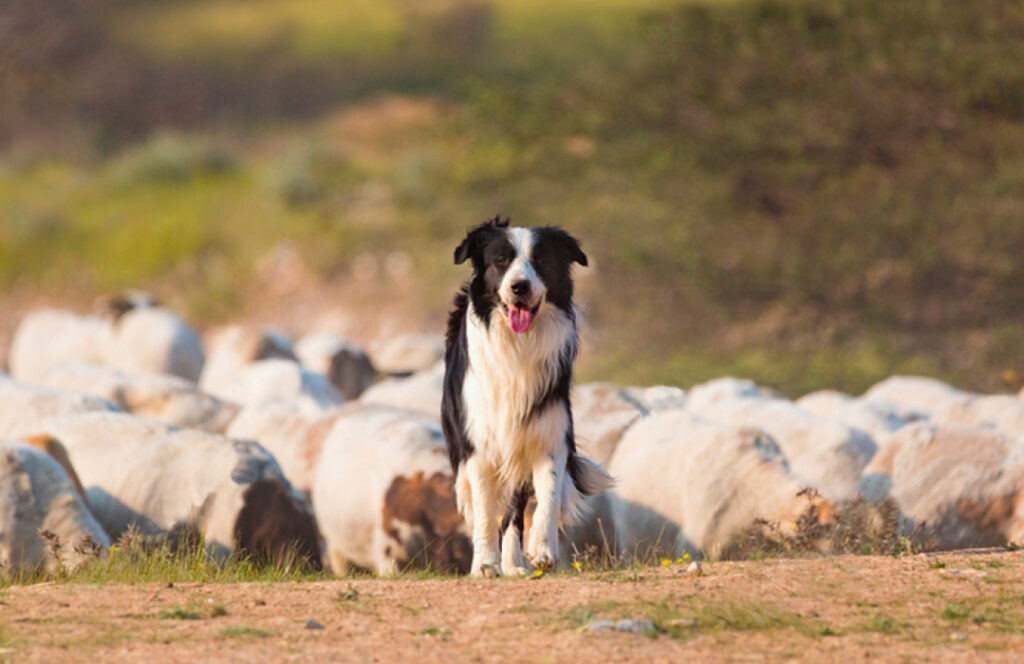I came by a love of stories, written and oral, by inheritance. My father and his father loved them too, and from an early age turned me to reading stories. They were both fans of O. Henry, Jack London and James Thurber, among others. My father liked particularly light verse, especially that of Ogden Nash, which appeared regularly in The New Yorker Magazine (My father’s formal education ended with high school, but his self education was life long—he “read” law under a judge while serving as a clerk of court (1931 through 1936) and after losing his clerkship hung out his shingle and practiced (1936 until his death in 1954). He also farmed, sheep, beef cattle, pasture and Alfalfa hay on 130 acres in Virginia’s Blue Ridge. He loved horses, draft and saddle, and border collies, as well as his stock. That love too he passed to me.
My urge to write stories came on me suddenly in middle age. I was practicing law in Richmond, raising sons, and for a hobby providing necessary escape, bird hunting (quail and grouse) behind pointing dogs. On an April Saturday morning as I watched a pair of bluebirds coax fledgling offspring to fly from their nest box on a back yard fence post, a plot for a novel suddenly came to me. That day I began to sketch an outline, and soon I was spending an hour or so early every morning writing. In a year I had a crude draft. How crude I would soon learn.
I admired the works of Donald McCaig, particularly his Nop’s Trial’s, the fictional life story of a border collie, published in 1984. McCaig lived on a farm in Virginia’s Highland County, known as Little Switzerland, lying on the West Virginia border and very sparsely populated (I knew it well for I had grouse hunted its mountains regularly sincerity since my age twenty). I did not know McCaig but we had a mutual friend, Staunton lawyer Wick Vellines, who provided an introduction. I wrote McCaig for advice on finding a publisher. He responded by asking that I send him my manuscript.
In six weeks I got a note from McCaig. In it he said he would be in Richmond soon on a book tour promoting his Marvelous Dogs, Dangerous Men (1991) and would like to meet me. I invited him to have lunch at the Commonwealth Club and reserved a small private room for us. We each ordered a single malt Scotch and over it McCaig delivered his message, “I have some bad news and some good news. The bad news is, your manuscript is not publishable, but …. with hard work it maybe could become publishable.”
Then he handed me the copy of my manuscript I had mailed him. On each page were marked detailed edits and re-writing suggestions. That he had spent hours going over it, more than once, was obvious. I was overcome with gratitude. A stranger I admired had given me hours of his time and offered to give more.
“Take this and use it to revise your manuscript. Then send it to me again and I will review and return it.”
I went to work rewriting and in a few months sent him a rewrite. We repeated the process over several years. He recommended readings for me, Faulkner’s The Bear, and volumes of the Paris Review containing interviews with many successful authors on their working techniques. I the meantime I began writing field trial reports, fictional short stories, plus some short pieces of non-fiction, all set in the bird dog genre. These I sent to Donald also. He encouraged me on these, saying I had found a niche, a kind backhanded way of telling me the novel was perhaps too hard a genre for my degree of talent.
Finally, he pronounced my novel manuscript publishable, at the same time telling me I would have difficulty finding a publisher willing to risk it (he was correct and many years later I self-published it as Gentlemen, Let ‘em Go). In the meantime I self-published the short story collections, None Held Back, A Little Competition and The Ninth Pup, and several magazine pieces.
Donald had become a dear friend and moved to writing Civil War historical fiction, winning awards for Jacob’s Ladder and Canaan and the best-seller Rhett Butler’s People, an authorized sequel to Gone With the Wind. He had continued to indulge his passion for sheep dog trials, competing all over the continent and sponsoring trials at his Highland County farm each spring. He had entries in the National Handlers’ Finals several years and helped put it on. He also waged war with the AKC in opposition to their registration of border collies with a conformation standard which he and other trialers knew would destroy the breed as working dogs as it had destroyed Irish Setters as working pointing dogs. Donald wrote of this in The Dog Wars.
Sadly, Donald died November 11, 2018 at age 78. For the story of his unusual and very interesting life see the link below. He was a friend of a lifetime and the kindest, gentlest man I ever knew, except when at war with the AKC!
